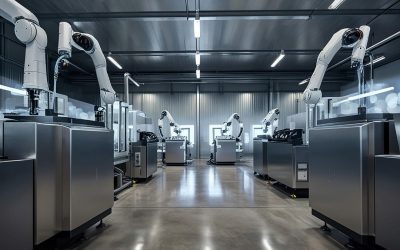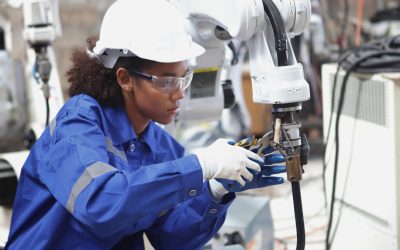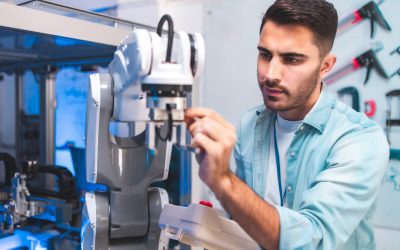Across the country, industry chiefs are trying to plan ahead for a future that is very difficult to predict. We’ve experienced a temporary boost from Brexit stockpiling, but how it will affect the industry in the longer term is still unknown.
The only thing that’s truly certain about Brexit is that we don’t know what the actual impact will be when it finally happens.
The current predictions for manufacturing
Businesses across the U.K. are planning for a likely increase in trading costs for both imports and exports. Manufacturing is a broad industry, with various subsectors. Any Brexit deal, or indeed no-deal, is likely to affect the different subsectors in different ways.
For example, the food and beverage subsector is likely to grow as we potentially become less reliant on imported produce. The textile subsector may see reductions in demand, with the EU currently one of the biggest export markets.
Brexit aside, businesses that cater to the current shift towards environmentally friendly products such as paper packaging are also likely to see growth over the next few years. British consumers are currently becoming more eco-conscious and this looks unlikely to change.
Of course, there’s the obvious impact on migrant labour. Manufacturers are already reporting that they are struggling to fill vacancies. If Brexit sees an even larger number of migrant workers leaving the U.K, filling vacancies could become even more difficult.
Yet, while Brexit is the hot topic at the moment, flexibility and an ability to plan for change have always been a key part of an effective business strategy. Although Brexit is a wide-scale change that will impact almost every U.K. business, change itself is certainly nothing new and especially not in the manufacturing industry.
Investing in automation to future-proof your manufacturing business
Automation provides a way for manufacturers to increase their flexibility and their ability to pivot with changes – regardless of Brexit related outcomes. Automation reduces your reliance on migrant labour. It allows you to potentially achieve the same output at consistent quality levels with fewer staff.
It’s a smart move as automation helps to keep production steady without being impacted by staff absences. You can ramp production up or down to meet demands without having to forecast and manage a schedule for large numbers of workers.
Automation can even help you attract new staff or retain the skilled staff that you have by freeing up time previously spent on repetitive and boring tasks. Workers can then focus on less repetitive and more knowledge-based tasks that provide better job satisfaction. Another benefit is that with more dangerous tasks automated, your workers face lower risks.
Automation allows you to become a more agile manufacturer, able to more quickly respond to the demands of the changing world around you. It’s this agile way of working that means that you can adapt to changes as they happen and stay ahead of the game.
Now is the time to invest in manufacturing automation
With Britain lagging behind the rest of the developed world in terms of manufacturing automation, now is the time to invest. Regardless of the Brexit outcome, automation is a sensible strategy to future-proof your business.
Here at Innomech we are recognised at one of the UK’s leading automation manufacturers. Find out how we can help you future-proof your business today.




